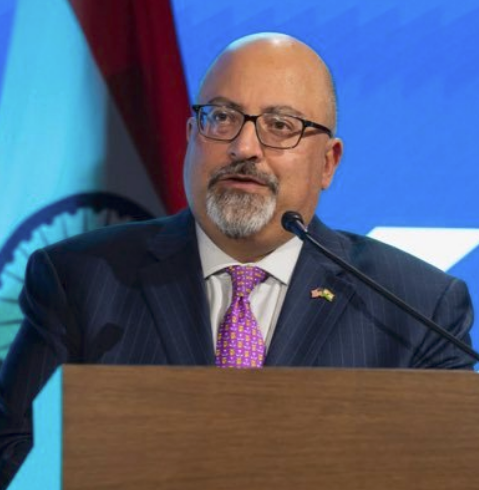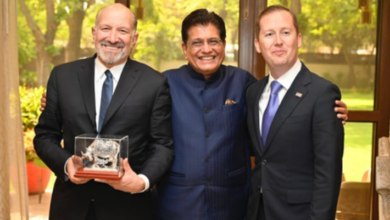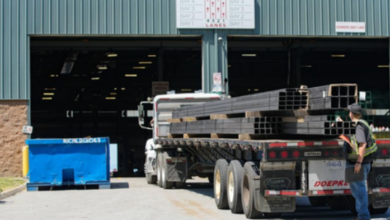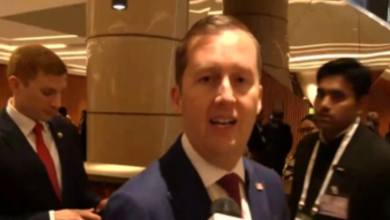Diaspora Leaders Urge Pragmatic Approach to Strengthening India-U.S. Relations

WASHINGTON– Prominent Indian-American leaders are calling for a measured and pragmatic approach to navigating the evolving dynamics between India and the United States, urging the diaspora to play a more active and constructive role in shaping policy dialogue.
At a panel discussion organized Tuesday by India Abroad, a diaspora-focused publication, Atul Keshap, President of the U.S.-India Business Council and former Chargé d’Affaires at the U.S. Embassy in New Delhi, emphasized the need for “quiet diplomacy” amid current tensions.
“These moments are difficult,” Keshap said. “For the diaspora, looking at these last few months, the question is: how can they be effective, helpful, and constructive? Sometimes, in moments like this, it’s better to engage in quiet diplomacy.”
Keshap also addressed the recent H-1B visa restrictions imposed by the Trump administration, describing the move as “driven by domestic politics.” He added, “In a country as diverse and layered as India, Indians would understand that domestic political compulsions can change how the United States interfaces with the world.”
The discussion came amid growing debate about the Indian-American community’s role in U.S.-India relations, following Indian MP Shashi Tharoor’s recent comment describing the diaspora’s silence as “puzzling” at a time of strained bilateral ties.
M.R. Rangaswami, founder of Indiaspora, a California-based nonprofit, pushed back on such criticism, calling the diaspora a “living bridge between the U.S. and India.”
“The diaspora as a whole remitted $135 billion to India last year, with $30 billion coming from the U.S.,” Rangaswami said. “Indian Americans are 1 percent of the U.S. population but pay 6 percent of the taxes. There are 75,000 Indian-American doctors treating 30 million patients. We live here, work here, and create wealth here—but we also help India.”
Asha Jadeja Motwani, a Silicon Valley venture capitalist, argued for deeper engagement with the U.S. Republican Party to ensure long-term influence. “Crudely speaking, the best thing that seems to work is to write a check toward certain causes,” she said. “Go to Republican events, meet people, and start building relationships.”
Rangaswami agreed that outreach must be carefully framed to align with American priorities. “Any lobbying or engagement in Washington has to be done with an ‘America First’ kind of positioning,” he advised. “It’s not about what’s happening in India—it’s about what’s relevant to America.”
Keshap concluded by warning that political and economic transformations underway in the U.S. will reshape the bilateral landscape in the coming years. “Politics in America is changing very fast,” he said. “In three years, we’re going to be a very different America. The ambition of this administration to redefine economic policy and global engagement is sweeping. The question is whether countries can adjust to that—and whether India and the U.S. can remain relevant to one another. That relevance is the glue that will hold this relationship together.” (Source: IANS)





